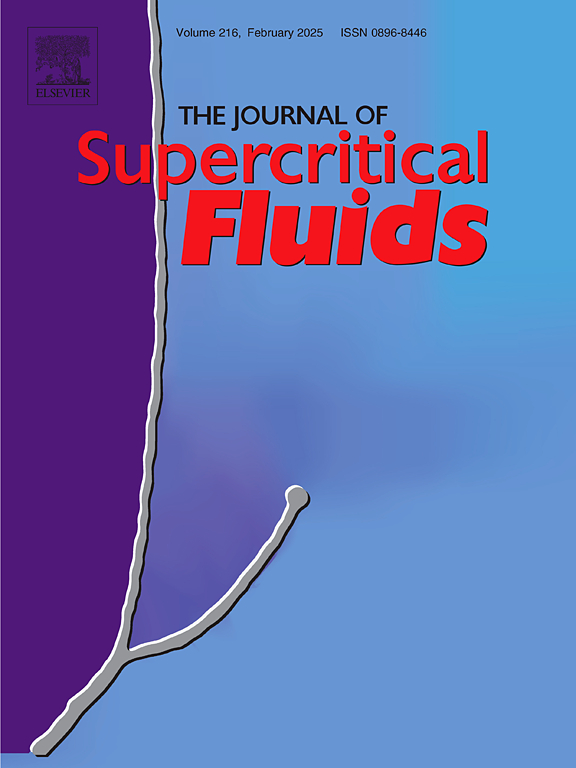不同边界条件下PCHE通道甲烷跨临界流动与换热的数据普适性与机器学习研究
IF 4.4
3区 工程技术
Q2 CHEMISTRY, PHYSICAL
引用次数: 0
摘要
为了整合各种条件下的数据进行机器学习,必须建立数据通用性原则。本文采用三种边界条件对PCHE内甲烷跨临界流动和换热进行了数值研究,提出了数据普适性原则。即当局部边界参数、流动状态和热物性相似时,局部换热系数和压降相等。采用人工神经网络和LightGBM模型的机器学习方法对通道内的局部流动和换热参数进行了预测。结果表明,在多种条件下,人工神经网络模型的平均绝对百分比误差(MAPE)小于3 %,R2大于0.999。对新发病例的预测也与模拟结果高度吻合。数据通用性原则为机器学习在各种条件下的预测奠定了关键基础。本文章由计算机程序翻译,如有差异,请以英文原文为准。
Study on data universality and machine learning for methane transcritical flow and heat transfer in PCHE channel with different boundary conditions
In order to integrate data under various conditions to carry out machine learning, it is necessary to establish the principle of data universality. In this work, the methane transcritical flow and heat transfer in PCHE was numerically studied with three boundary conditions to propose the data universality principle. That is, when the local boundary parameters, flow state and thermal physical properties are similar, the local heat transfer coefficient and pressure drop will be equal. The machine learning methods of ANN and LightGBM models were employed to predict the local flow and heat transfer parameters in the channel. The results indicate that, under multiple conditions, the ANN model achieves a mean absolute percentage error (MAPE) less than 3 % and the R2 over 0.999. The prediction on new cases are also highly consistent with the simulation results. The data universality principle laid the key foundation of machine learning prediction on various conditions.
求助全文
通过发布文献求助,成功后即可免费获取论文全文。
去求助
来源期刊

Journal of Supercritical Fluids
工程技术-工程:化工
CiteScore
7.60
自引率
10.30%
发文量
236
审稿时长
56 days
期刊介绍:
The Journal of Supercritical Fluids is an international journal devoted to the fundamental and applied aspects of supercritical fluids and processes. Its aim is to provide a focused platform for academic and industrial researchers to report their findings and to have ready access to the advances in this rapidly growing field. Its coverage is multidisciplinary and includes both basic and applied topics.
Thermodynamics and phase equilibria, reaction kinetics and rate processes, thermal and transport properties, and all topics related to processing such as separations (extraction, fractionation, purification, chromatography) nucleation and impregnation are within the scope. Accounts of specific engineering applications such as those encountered in food, fuel, natural products, minerals, pharmaceuticals and polymer industries are included. Topics related to high pressure equipment design, analytical techniques, sensors, and process control methodologies are also within the scope of the journal.
 求助内容:
求助内容: 应助结果提醒方式:
应助结果提醒方式:


